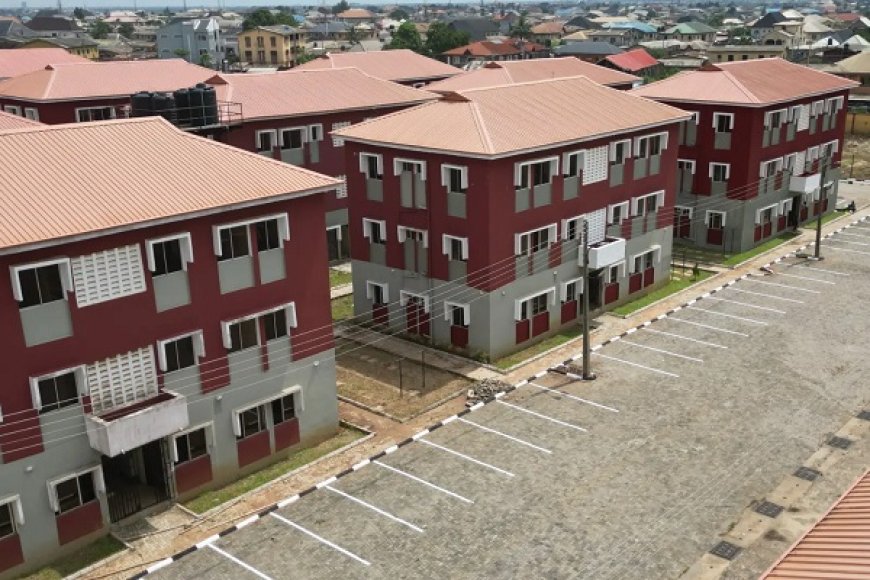How to reduce the housing deficit

Sir: Outside food, housing is the second most essential basic need of man. Housing is critical to the social and economic development of any society. It has a profound impact on the health, welfare and productivity of a man. Housing enhances one’s status. In other words, housing plays a vital role in a person’s standard of living and place in the society. In the most developed economies for instance, housing sector is an important stimulator and driver of economic growth, with multiplier effects on employment, income, access to education and health, among several other socio-economic impacts.
Because of its importance to the development of the society, to the social, economic and welfare of the people, the developed economies made housing a priority. In Nigeria, reverse is the case; access to affordable housing has largely remained an unfulfilled dream to the vast majority, most especially, the middle and the lower classes of the society. To put it the way it is, housing deficit in Nigeria has grown from bad to worse, and successive governments from the time of Nigeria’s independence 64 years ago have been grappling with this problem, with little and insignificant outcomes. As at today, housing deficit in Nigeria is put at 28 million units, with about N21 trillion required to shore it up.
Crucial challenges to housing development in Nigeria include non-availability of serviced plots for housing development, challenge of good title that will enhance the marketability of the land after you might have built houses on it, lack of basic infrastructures that will facilitate smooth development or a good title, challenge of finance. Housing is capital intensive and unfortunately, housing sector has been receiving very little in budgetary allocations compared to other sectors. Another challenge is the level of development in our country. We are still glued to the traditional way of mortar and bricks which takes a long time, and which does not take cognisance of the high rate of population and urban growth.In other words, technology and expertise required for construction and development, technology required for mass housing for the teeming population is lacking. We lack the capacity, the technologies and system constructions that can throw up a lot of housing units at a time. To compound the challenge of finance is the absence of efficient mortgage finance system that would have granted easy access to housing. Going forward? ‘Give to Caesar what belong to Caesar.’ Give management of housing sector to housing experts. Estate Surveyors & Valuers are better equipped to manage Nigeria’s housing.Most of those who have administered housing knew little or nothing about housing. It is not surprising therefore that housing sector and housing delivery lacks proper planning. Housing sector has suffered a great deal due to lack of proper planning and this constitutes a very big impediment to housing delivery. Allow the Estate Surveyors and Valuers to take charge and commence from the point of proper diagnosis of the problem, re-enact the land and housing policies that will guaranty access to housing on a continuous basis in Nigeria.
How to reduce the housing deficit - The Nation Newspaper (thenationonlineng.net)









